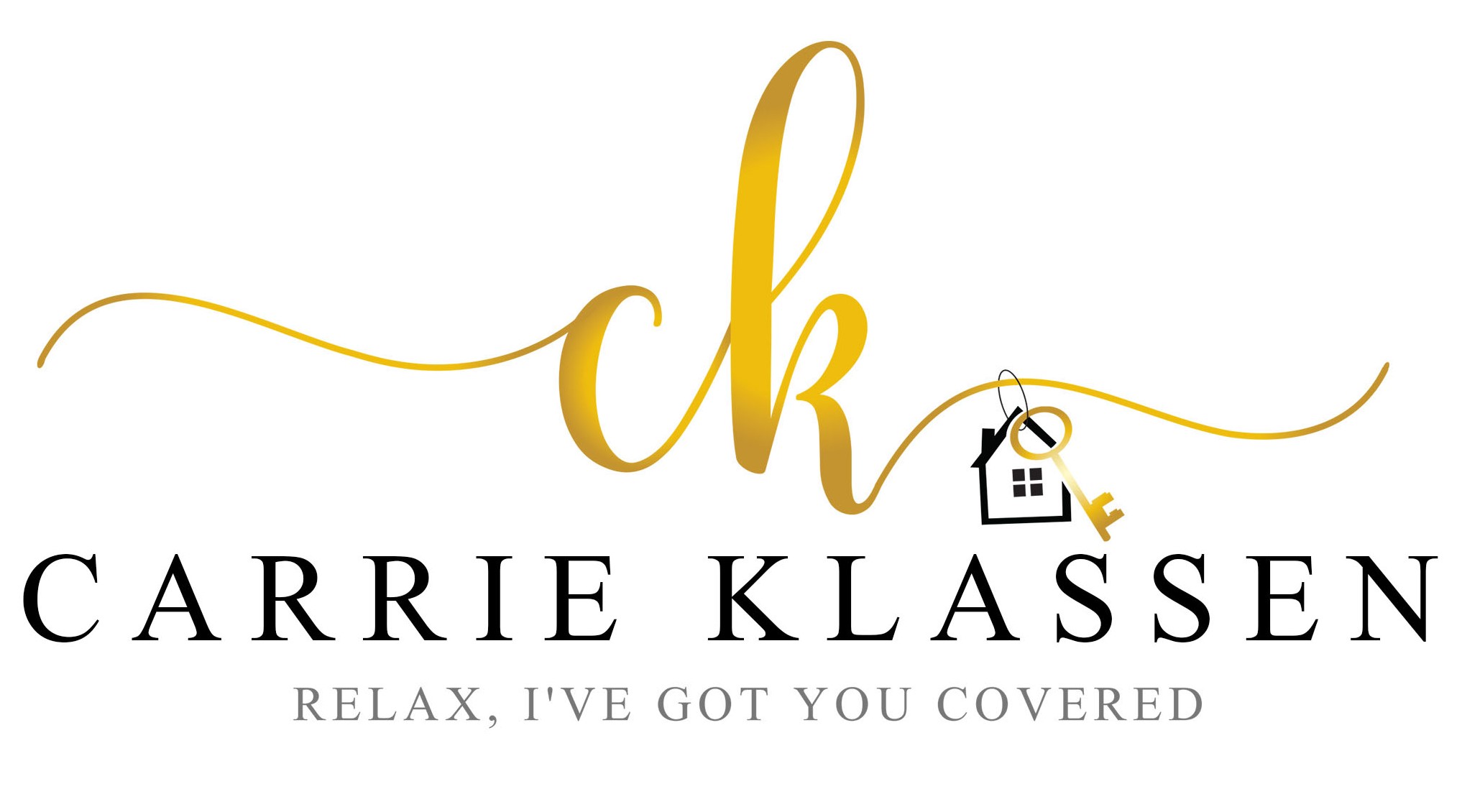Why do I keep encountering this form?
This disclosure is mandated by Minnesota law, requiring agents to present all customers with their agency options early in the relationship. In Minnesota, we can represent a Seller, a Buyer, Neither, or Both: in a Dual Agency situation.
Representing just the seller:
Lucy the listing agent represents the seller and is hosting an open house when a Buyer walks in. He doesn’t have an agent yet. He expresses interest in the house and tells Lucy that he has additional funds but plans to offer less than the asking price. He says that he needs to find something soon because his lease is almost up and that this is the first house he’s seen that he likes. It is important for a buyer to be aware that everything he says will have to be shared with the seller. This is the purpose of the disclosure.
Representing just the buyer:
Now, consider the reverse scenario: Lucy has been working with and showing homes to her client buyer. A seller in her buyer’s price range calls and says that she really needs to get her home sold quickly because her next home is almost done being built. In this case, the buyer is the one who is represented. It is important for a seller to be aware that everything she says will have to be shared with the buyer. This is the purpose of the disclosure.
We promptly provide the Agency Relationship Disclosure to inform our customers about the individuals or entities we represent and to whom we owe fiduciary duties.
Can a REALTOR® help both the buyer and the seller equally?
Dual Agency:
An agent/brokerage CAN represent both parties in a Dual Agency situation with written consent from both parties. Any confidential information shared by a buyer or a seller to their agent after that relationship has been established would remain confidential. The agent cannot represent one party to the detriment of the other party.
What does that mean?
The agent and others in her company CANNOT offer advice on:
- How much the buyer should offer on the home.
- Whether the seller should wait for more offers when the buyer has an offer submitted.
- Whether the buyer should pursue a different home that came on the market.
You can see where this lack of representation ability could cause problems. A buyer wants to know how they can spend as little as possible, and a seller wants to know the most they can get for their house; the parties in a real estate transaction are naturally at odds, but the Dual Agent stays neutral.
What are the advantages of Dual Agency?
Let’s explore..
Each party’s motivation is never shared by the agent (unless the party requests it to be). We owe our clients confidentiality.
All agents MUST disclose what he/she knows about the property regardless of who she represents.
The agent working for the buyer and the seller to make the transaction go smoothly can quickly and easily complete the purchase documents and additional paperwork to be signed by both sides of the transaction. Managing the transaction, lining up inspections, and communicating lender and title updates with both parties can happen with more ease.
There may be a financial advantage to buying a home through the listing agent. If the listing broker is offering what we call a “variable rate,” which means that the seller or buyer may benefit from only one agent being involved. It often isn’t a large amount of money. If the agent is representing both sellers and buyers, she is likely to receive compensation for the services provided to all her clients.
So does it help get your offer accepted if you go directly to the listing agent?
That truly depends on the circumstances. Many times it depends on which offer the seller is most comfortable accepting, regardless of who is representing the buyer. If I am that listing agent and I am not available to show my listing that day because I have another appointment, or perhaps I’m out of the area, we would still need to get another agent involved.
When it doesn’t work.
I was at the office and in the middle of presenting 7 offers to my seller when a home buyer called on my listing. She found it on a website. She wanted to submit an offer sight unseen; she hadn’t had time to view the home in person. When I asked her if she had an agent, she told me that she preferred to call the listing agent when she wanted to see a property. I told her that we were reviewing offers, and she sent me her offer terms via email shortly after. Though she contacted me directly, she was not my client. My client was the seller with whom I shared the details and the terms of her offer, along with the 7 others that had been submitted by agents from all different brokerages. The home buyer who called the office that day wasn’t pre-approved for a loan, she hadn’t seen the home yet, and wanted to offer less than all 7 of the other offers. The seller was going to choose the best offer.
When it does
I was just marketing my listing on social media when I received a call from someone I knew who wanted to see the house right away. I met them at the home and Disclosed Agency Relationships in Real Estate Transactions. Dual Agency was created when they signed a Buyer Representation contract, and I wrote up their offer. The seller made the decision to accept the offer. The buyer made the decision to put in an offer with terms that were acceptable to the seller. Both parties were aware that I could not advocate for one against the other. It worked out well for both.
Client’s decisions are based on what they want and need, market conditions, and in many cases information that I share with them when they initially sign agency representation with me as their REALTOR.
Regardless of whether you want to have your own Buyer’s Agent, or if you’d prefer to work with the Listing Agent, the key is to understand your options.
Additional Resources:
Here is a great video provided by the St. Paul Area Association. and also the Minnesota Statute.

